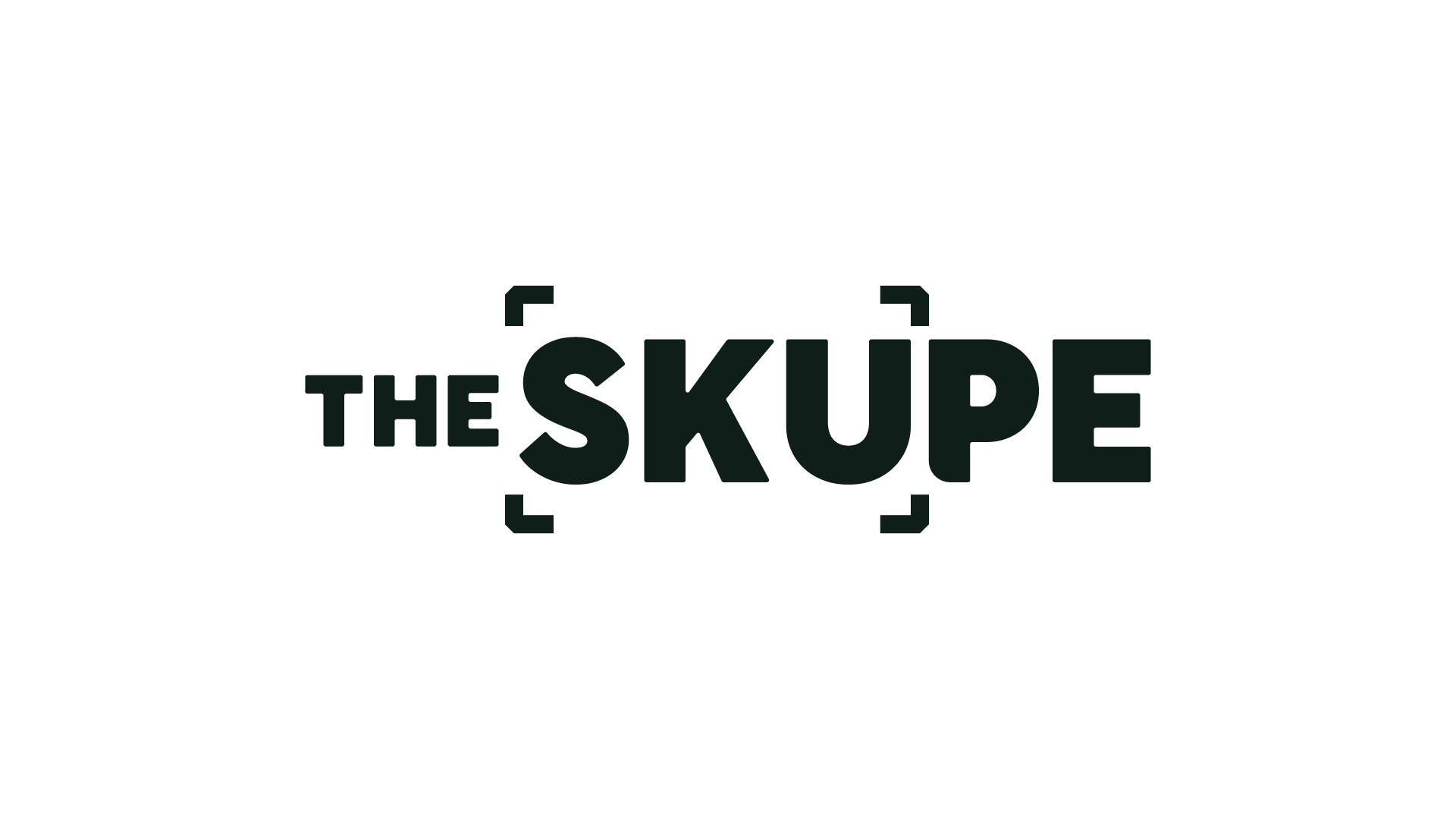Plus: The retirees turning passions into late-in-life businesses
Women rule. Or according to the SBA, they own about 40% of all U.S. businesses. Of those, 90% are sole proprietorships, and many of them are in trouble with tariffs. We’ll take a closer look at how women-run Etsy shops are being affected, and on the flip side, at how live-selling platform Whatnot is helping small businesses thrive.
We’ll also dig deeper into Gen Z shopping behavior and what retailers are doing to court them, as well as several retirees who are turning their passions into late-in-life businesses.
And later this week, we’ll catch up with an accounting firm owner and thought leader to get her tips on how to put profit first while saving.
But first, check out this pop-up shop on a NYC subway car.

Hold the olives: S. Korean beauty retailer Olive Young to open in L.A.
Trouble ahead? What do retail job cuts mean for the holiday season?
Five-star: Discount retailer Five Below is poised to win the holidays.
Homecore: Urban Outfitters makes a play for home décor and Gen Z.
Coed co-op: Meanwhile, other retailers are infiltrating college campuses.
Cracking the retail growth code
Breaking into retail is rarely straightforward. "The Road 2 Retail" podcast helps emerging and challenger brands navigate the twists and turns of scaling up.
Hosted by CPG veterans with more than 30 years in the industry, the show blends hard-earned lessons with candid conversations from brand leaders, retailers, suppliers, and investors. Listeners get a front-row seat to what works in sales, marketing, logistics, and beyond—and what will burn cash fast if you get it wrong.
In this week's episode, Mike Lyons, vice president at Market Performance Group, unpacks the rise of TikTok Shop and what it means for emerging brands. From affiliates to revenue models, Lyons shares how MPG helps founders turn social buzz into profitable business. (The Road 2 Retail)

How tariffs are affecting the women-owned small businesses of Etsy
Kellie Abernethy is worried her Etsy shop, Rest of the Nest, may not survive. “I’ve never done this to be rich. I just want to make a decent living doing something I feel deeply passionate about–that’s my American dream. It just feels like it’s slipping away,” said the jewelry designer, who sources the rose gold for her signature necklace from China. The 30% tariff on it is likely too high for her to absorb, but she also can’t risk cutting her bestseller. According to the SBA, women own about 40% of U.S. businesses overall, and about 90% of them have no employees. Online marketplaces like Etsy have allowed these small businesses to flourish, but that’s now in jeopardy.
Why this matters: Etsy is home to thousands of small businesses, 80% of them women-owned, that can’t afford materials that now cost three to four times what they did pre-tariffs. Between these shops potentially closing and foreign shops finding it too costly to sell to U.S. customers, both U.S. retailers and consumers find themselves losing out. (The 19th)
How live shopping platform Whatnot helps small businesses grow sales
Livestream shopping platform Whatnot has been gaining steam, adopting the QVC model for the digital age. What started with collectible toys has grown to include footwear, sports memorabilia and antiques, and the channel is positioning itself to help small businesses grow their customer base and make more sales in less time by streamlining logistics. “Say you’re selling sneakers in Idaho in a rural town with not much foot traffic. With Whatnot, you can get thousands of potential buyers right now. It’s a convention in your pocket every day just by opening the app,” says Whatnot’s VP of Categories and Expansion Armand Wilson.
Why this matters: The global livestream commerce market, which was estimated at $128B in 2024, is projected to reach $2.4T by 2033. Whatnot facilitated over $3B in sales in 2024 and expects over $6B in 2025. Don’t miss out on this valuable “third channel” to bolster online and physical store sales. (Co)

Was America’s retail crime wave an exaggeration?
These retirees turned their passions into small businesses
Postal traffic to U.S. down 80% after de minimis ends
Pass it on: The surprise tariff bills hitting consumers
How these small businesses in CO are dealing with tariffs

Retail design expert on why physical stores are conversion tools, strategic assets
Melissa Gonzalez, principal at design firm MG2, sat down with the "Retail Remix" podcast to share how she helps retail clients turn their physical stores into spaces that help them connect with customers and make the sale. Modularity in store design is key to a successful omnichannel experience, and stores can be strategic showcases for your brand values. She also shares her firm’s research on Gen Z and why you need to differentiate between the older and younger ends of the spectrum. Who’s doing it right? Coach, Lego and Nordstrom.
"People will always remember the way you make them feel, and that has longevity. How are you tying that into the experience, whether it’s helping them with their values, community and culture, all the way down to the most important touchpoint, the store associate?"–Melissa Gonzalez, Principal, MG2
Why this matters: While hiring a designer is an expense, Gonzalez makes the case for why you should design your store with intention: consumer experiences pay off. A little data science baked in never hurts, either. (Listen to the podcast here)

Add these AI platforms to your small business toolkit
The University of Cincinnati is home to the 1819 Innovation Hub, an incubator for forward-thinking entrepreneurs, and here’s how they leverage AI to help themselves and their customers: Zapier is a tool that automates workflow and connects to other programs you use, so actions in one app can trigger actions in another, saving you from manually doing it; Tidio is meant for SMBs seeking an easy-to-use chatbot to help with customer service; SentinelOne is a cybersecurity tool that keeps your data safe; use Grammarly to revise online copy and Sprout Social to write captions for your social media posts, prioritize comments and analyze customer sentiment.
Why this matters: AI, when used responsibly, can help save startup money, boost productivity and efficiency and improve the customer experience. It’s important to know which tools are geared toward small businesses versus the enterprise software that tends to make the headlines. (University of Cincinnati)

Thanks for reading this week's edition!
You can reach the newsletter team at theskupe@mynewsletter.co. We enjoy hearing from you.
Interested in advertising? Email us at newslettersales@mvfglobal.com
The SKUpe is curated and written by Marcy Medina and edited by Bianca Prieto.






Comments ()